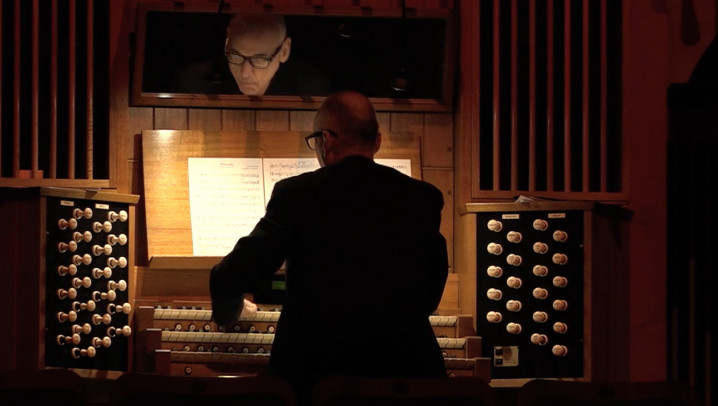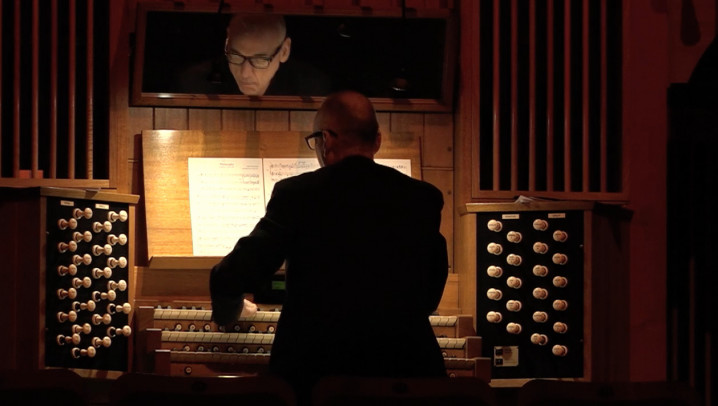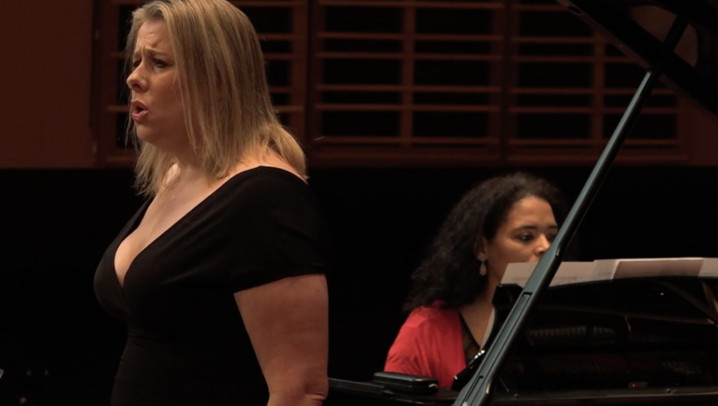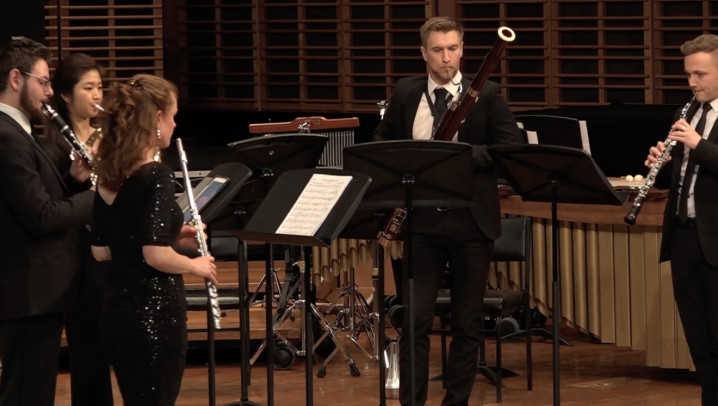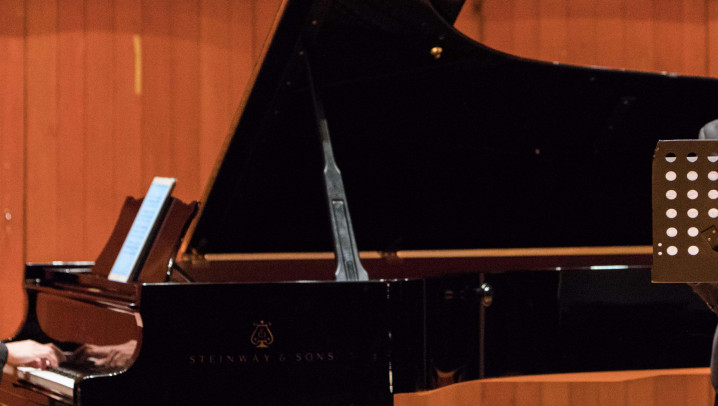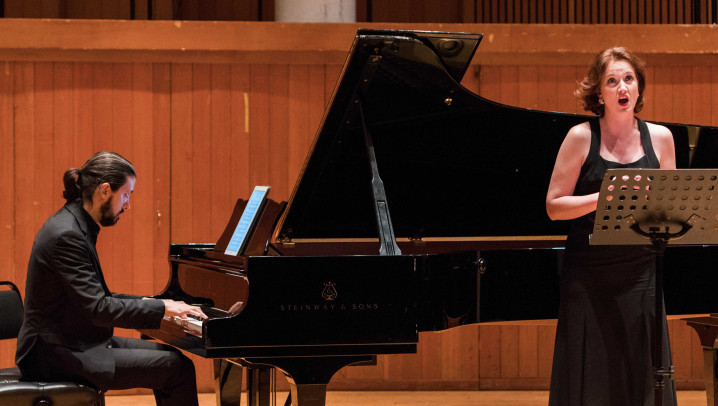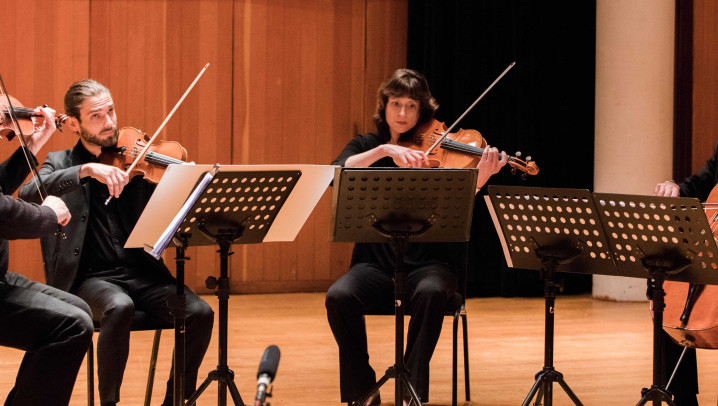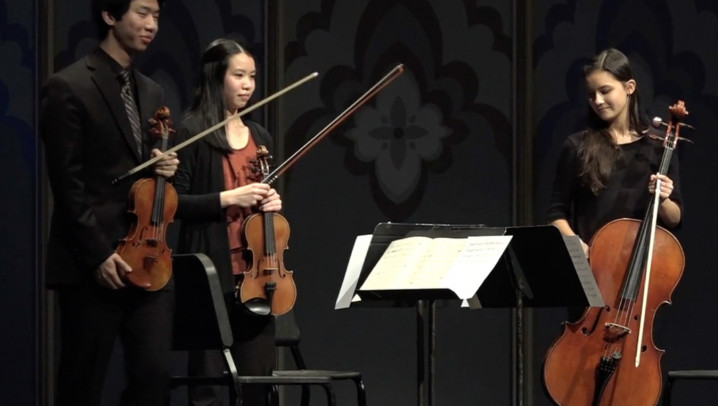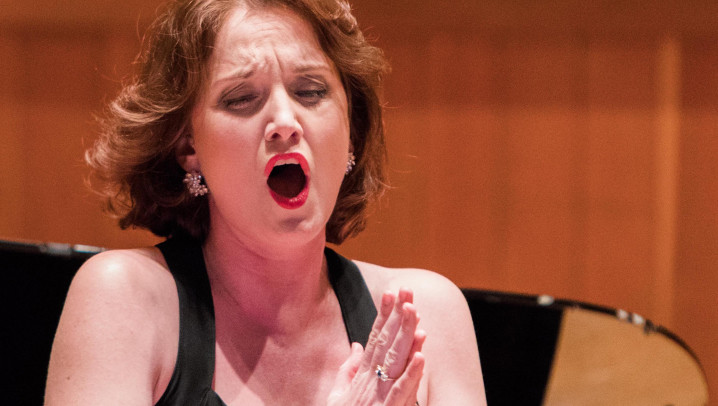
Walter Wurzburger (1914-1995)
Frankfurt-born composer, conductor, woodwind player: escaped Europe, interned in Singapore and Australia, returned to London in the 1950s
| Gender | Male |
|---|---|
| Nationality | United Kingdom |
| Website | https://wurzburger.org/ |
Walter Wurzburger was born 1914 in Frankfurt to a musical family: his father was a well-respected organist and composer at the Westend Synagogue. Walter attended one of the first University-accredited jazz courses run by Mátyás Seiber at the Hoch Conservatory. Following the Nazi rise to power, he fled to Paris, playing in various jazz bands including the famed Benny Carter Orchestra. Wurzburger toured Belgium, Luxembourg, Scandinavia and Switzerland, arriving in the Netherlands in 1939, where word had spread of opportunities for employment in Singapore.
With the outbreak of hostilities, all German nationals in the colony of Singapore (regardless of racial categorisation under the Nazis) were placed on parole. In 1940, two hundred and seventy-two men, women and children were rounded up, taken to St John’s Island, and transported to Australia on RMS Queen Mary. Departing Singapore on 18 September, the ship arrived in Sydney. From there the detainees were transported to the small town of Tatura, where a detention camp had been set up. Families were allowed to remain together and were sent to Camp 3; the single men including Wurzburger were eventually relocated to Camp 4D. In this camp Wurzburger struck up a friendship with the photographer Helmut Neustädter, better known in later life as Helmut Newton. In the new barracks Wurzburger taught jazz, arranging and composition. A note kept by his friend Uwe Radok (later to become one of the most important meteorologists and glacial experts in Australia) mentions one of Wurzburger’s lectures, specifically an account of the style and method of Hindemith. It would not be unreasonable to suggest that such expressionist approaches became the basis for his compositional output in the years 1941 to 1949.
On 4 February 1942, the Australian Parliament agreed to establish forces to enable foreigners (so called “friendly enemy aliens”) to participate in the war effort. The Eighth Australian Employment Company was established, and Wurzburger was one of the first to enlist. After the war, Wurzburger completed his music studies at the Melba Conservatorium, and in 1948 joined the staff as tutor. He worked in theatrical performances, particularly for the JC Williamson company, where he met a fellow German refugee, George Dreyfus. His compositional output between 1941 and 1949 are solo or chamber works: two string quartets, works for organ, a quintet for trumpets and saxophones, a work for clarinet and piano, a Divertimento for two clarinets and bassoon, two songs (to poems by Nietzsche and Yeats) and a lost Septet which was premiered under the baton of Eugene Goossens.
In 1950, Walter Wurzburger travelled on holiday to Europe. He settled in England in 1951, resuming studies with Seiber and taking a hiatus from composition until 1960, when he began to attend the Darmstadt Summer School. He dabbled in serialism for a period of time, but the majority of his musical life was taken up in the foundation of the Kingston Philharmonia (chief conductor from 1974 to 1991), pedagogical activities at Morely College and Kingston Polytechnic, and formation of a family.


